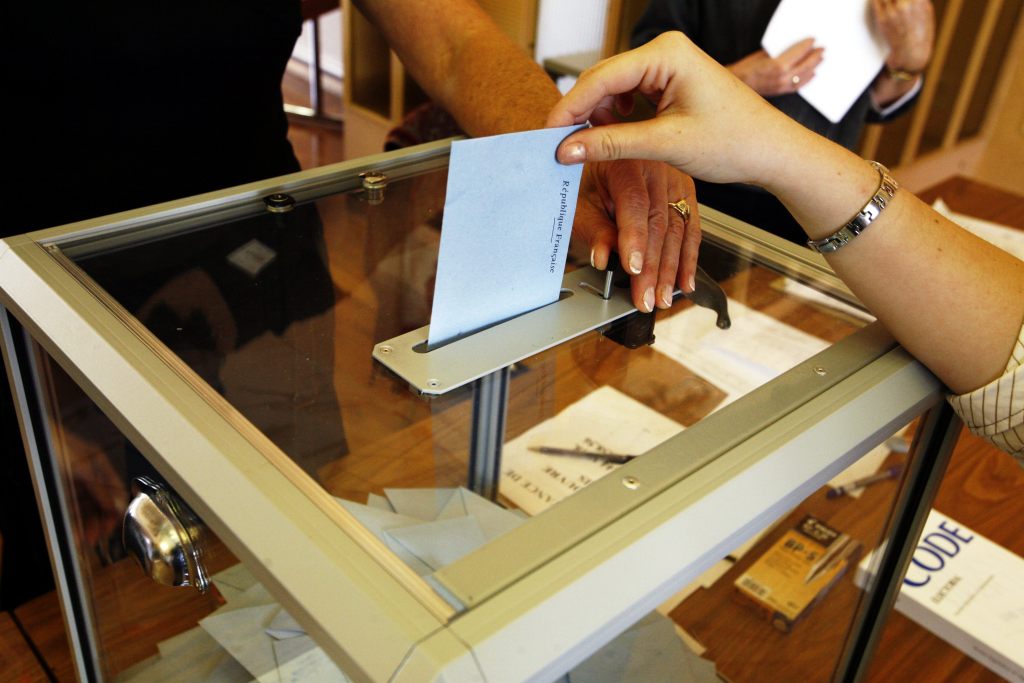‘Flooding the zone’ and the politics of attention

This is a guest post by Zsolt Kapelner (University of Oslo).
‘Flooding the zone’ is a term often used to describe the strategy Trump and his team have followed in recent weeks. This strategy involves issuing a torrent of executive orders, controversial statements, and the like with the aim of overwhelming the opposition and the media and creating confusion. Many have criticized this strategy and, in my view, rightly so. But what precisely is wrong with it? In this short piece I want to argue that ‘flooding the zone’ is not simply one of the, perhaps dirtier, tricks in the toolbox of democratic competition; instead, it is an inherently antidemocratic strategy which deliberately aims at exploiting one of our crucial vulnerabilities as a democratic public, i.e., our limited attentional capacity.










